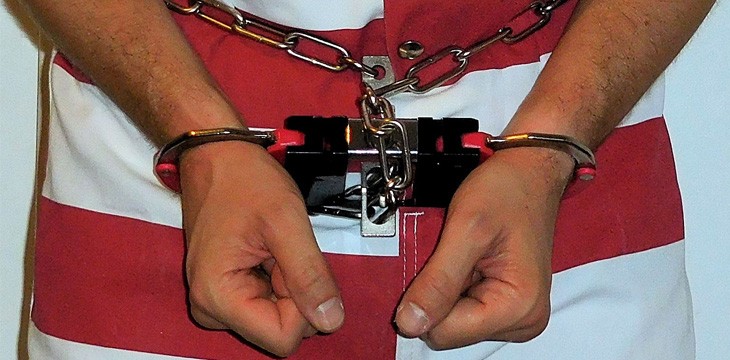|
Getting your Trinity Audio player ready...
|
Government authorities are getting very good at tracking down digital assets, regardless of how anonymous they claim to be, and hunting down the bad actors that use them. The U.S. Department of Justice highlighted this point on March 2, when it announced money laundering charges against two individuals linked to the North Korean Lazarus Group.
In the press release announcing the charges, Jiadong Li and Yinyin Tian are charged with laundering more than $100 million in cryptocurrency gained from hacking crypto exchanges. They were also charged with operating an unlicensed money transmitting business. If the suspects are found guilty, the U.S. wants to seize any funds they can from their crimes.
“These defendants allegedly laundered over a hundred million dollars worth of stolen cryptocurrency to obscure transactions for the benefit of actors based in North Korea,” said Assistant Attorney General Brian A. Benczkowski of the Justice Department’s Criminal Division. “Today’s actions underscore that the Department will pierce the veil of anonymity provided by cryptocurrencies to hold criminals accountable, no matter where they are located.”
Internal Revenue Service-Criminal Investigation (IRS-CI) Chief Don Fort noted that North Korea continues to attack the cryptocurrency industry as a means of keeping money flowing into their Hermit Kingdom. In this case, the two suspects allegedly targeted cryptocurrency exchanges known to have lax Know Your Customer (KYC) protocols, submitting doctored identification that was easily verified.
The DOJ documents released also noted wallet addresses owned by the two suspects, which they want blacklisted although no funds remain in the accounts. A separate press release by the Treasury Department notes that they likely used a technique called “peel chains” to launder the funds, sending assets from one address to another while diverting a portion of the crypto to a different address. One Litecoin transaction was not properly laundered, helping investigators uncover the scheme.
The Treasury Department also used this as a warning to exchanges that let this kind of criminal activity continue. “Given the illicit finance risk that cryptocurrency and other digital assets pose, in June 2019 the Financial Action Task Force (FATF) amended its standards to require all countries to regulate and supervise such service providers, including exchangers, and to mitigate against such risks when engaging in cryptocurrency transactions,” the press release stated. “The United States is particularly concerned about platforms that provide anonymous payment and storage functionality without transaction monitoring, suspicious activity reporting, or customer due diligence, among other obligations.”
These charges further prove that there are no safe havens for criminals in cryptocurrency. Like it or not, regulators and law enforcement officials will impose their will on the industry, and hold bad actors to account.

 02-20-2026
02-20-2026 




